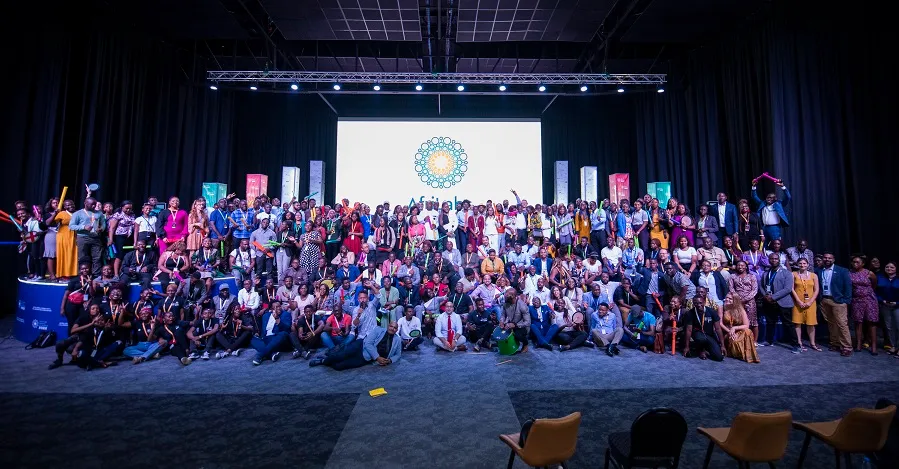
In a collaborative effort to propel Africa’s transition towards a sustainable future, AfriLabs, a pan-African network of innovation hubs, has partnered with Emerge Green Africa.
This impactful project aims to unlock green development across the continent by leveraging innovative energy modelling tools.
AfriLabs boasts a vast network, encompassing 478 hubs spread across 260 cities in 53 African nations.
The organization serves as a catalyst for innovation and entrepreneurship by fostering connections between technology hubs, startups, investors, and other key players within the African innovation ecosystem.
Having recently welcomed 16 new hubs into its fold, AfriLabs continues to expand its reach and solidify its position as a leading force for African progress.
Emerge Green Africa, launched in December 2023, is dedicated to equipping policymakers, academics, investors, and citizens across Africa with the resources they need to cultivate clean energy production and promote sustainable resource utilization.
The project strives to bridge cultural and socioeconomic divides in its pursuit of a greener Africa.
To achieve this ambitious goal, Emerge Green Africa will develop and test a comprehensive toolbox. This toolbox will be meticulously designed through a co-creation process, drawing upon existing tools, methodologies, and best practices. The toolbox will facilitate the simulation of scenarios that optimize resource utilization.
Furthermore, the project will establish a knowledge base – a central repository that will house initiatives, informative materials, and platforms for knowledge exchange.
Emerge Green Africa plans to cultivate vibrant knowledge communities within three key African ecosystems: North-Western Africa (Morocco), the Niger River region (encompassing Mali and Nigeria), and East Africa (with a focus on Mozambique).
These communities will be fostered through a participatory approach, ensuring a collaborative and inclusive knowledge-sharing environment.
